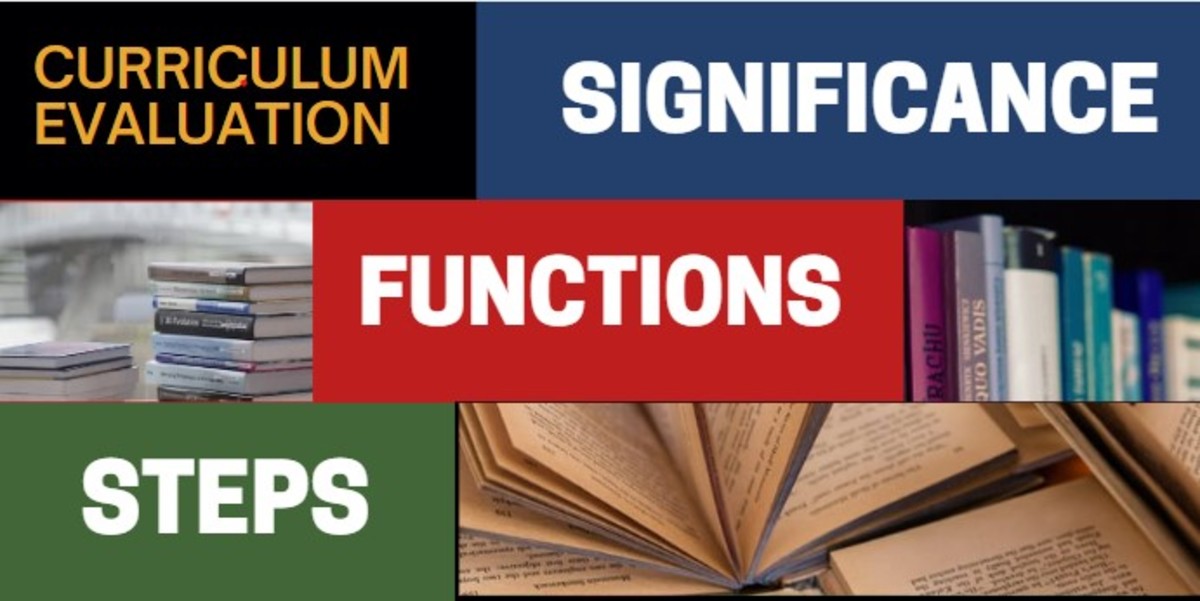Academic Honesty Focus
Experimentation CritiquePaper
The article I have chosen is a research report on academic dishonesty in higher education. The problem statement of the survey takes into consideration of how administration views academic dishonesty in higher educational institutions. The title of the article is “Business School Deans on Student Academic Dishonesty: a Survey.” The basics of the article are that, the neglect of the viewpoint of the Business School Deans in survey may be the, “missing link,” to solving the problem of academic dishonesty.
Research Objectives
In this research project the objective is to show academic dishonesty is a problem and discover what opinions business school deans have about academic dishonesty. Dealing with academic dishonesty has been a growing problem in higher education. The survey is trying to convey a possible solution for academic dishonesty. Studies have been done on students and faculty that have shown the large scale of the problem. According to the authors of the research paper little attention focuses on the role of the directors and deans of Business schools in dealing with academic dishonesty. The survey on deans and directors deals with; perception of dishonesty at own school, perceptions of participation by major, ethics course requirements and policies concerning academic dishonesty, and number of formal complaints of student academic dishonesty.
Independent and Dependent Variables
The variables of the study are the views from faculty, students, and deans. The experiment attempts to prove that administration has an equal influence on academic dishonesty in higher education. Academic dishonesty may be problem for students but the experiment will show if academic dishonesty is a problem for deans and directors. The survey will attempt show how the views of the deans and directors correlate to ethics programs and the degree of academic dishonesty as a problem within higher educational institutions. The independent variable is academic dishonesty as a serious problem for faculty and students showing 100% for undergraduate management majors in 2008 participating in academic dishonesty (Brown, Weible, & Olmosk, 2010). The dependent variable is the viewpoints of the deans and directors on academic dishonesty. For example, the article states that in institutions that offer bachelors programs and hirer, responsible deans and directors believe that these institutions have less academic dishonesty.
Sampling
“Business School Deans on Student Academic Dishonesty: A Survey,” the article in which the authors uses possibility that deans and directors play an important role in academic dishonesty and that few studies are being done on, how deans and directors view academic dishonesty in their institutions, to gather subjects. A questionnaire was sent by e-mail to deans using the addresses from the August 2007 Association to Advance Collegiate Schools of Business (AACSB) Membership Directory, questions ranging from perceptions of various aspects of student academic dishonesty at their schools, their schools' policies on the issue, and selected school characteristics, as questions to deans and directors of business schools, and of the 555 subjects 177 deans gave a response (Brown, Weible, & Olmosk, 2010). The school characteristics question gave the study a variation of institutions that represent the higher educational system.
Reliability
The information of the survey asks for a viewpoint of individuals or professional opinion. Most researchers have difficulty trying to create a reliable survey dealing with opinions rather than facts. Considering this survey is testing for the opinion and not facts one is led to believe that the statistics of the survey are correctly indentifying a viewpoint of the majority of deans and directors of business schools. The issues of academic dishonesty do give cause for deans or directors the desire to down play the issue for the purpose of maintaining school reputations. Even though schools at lower levels are for educational purposes only, higher education institutions must draw on financial gain to succeed. In the news recently Fisk University of Tennessee was trying to sell paintings that should not be for sale to raise finances (Cornish, 2007). Turning a blind eye to a problem, which is not a way to make headway in a situation, integrity outweighs ignorance in the responses of the survey and in contributing to the reliability of the survey.
Validity
The writers of the article want readers to realize a difference in opinion and fact when the question of academic dishonesty is the topic. By simply showing the opinions and computing the data of the survey one can conclude that most deans and directors believe that academic dishonesty in their schools is problem but do not believe that the majority of students practice academic dishonesty. I believe the external and internal validity of the claim of is questionable. Over half of the respondents to the survey, “an emphasis on ethics,” had centers that directly deal with ethical issues. The article also agrees that colleges and universities recognize that ethics are an issue and that ethics classes are on the rise, and students admitting they have a problem are a step in the right direction to solve the problem of academic dishonesty. Maturation is a factor for internal validity, which can cause the experiment results over time to become incorrect (Cooper & Schindler, 2006). Besides these questions of maturation the survey proves that the views of the deans and directors on academic dishonesty are in accurate according to information from numerous student surveys.
Other Findings
Other conclusions in the survey are important and interesting. For example the public schools were not requiring as many ethics courses as private and religious schools. Religious schools had the highest requirement rate at just fewer than 100%. Another relevant finding is the dean’s responses on formal complaints of student academic dishonesty reaching the dean’s desk. More than half the deans were reporting five or fewer formal complaints during a school year. Furthermore, over 50% of the deans made an assumption that the process for filling formal complaints took too much time, as the reason for such a small amount of complaints gaining their attention (Weible, & Olmosk, 2010).
Conclusion
The obvious conclusion from the study is that deans and directors of higher educational institutions do not view academic dishonesty as a serious problem in their schools. Even though ethics courses are on the rise in college programs administration may think it is a problem for those in the workforce and not for students attending colleges, showing this by the increase in ethics courses. An answer to this problem may be that if those students caught practicing academic dishonesty were caught by the instructor and dealing with the problem easier at this level between the faculty and the student. The need for the deans’ involvement is only for serious or repeat offenses. Most often in the workplace first line supervisors do have to deal with issues and rules allow these supervisors to handle a problem at their level. Only when the problem becomes more than what the first line supervisor can deal with when upper management is there to take action. This may be the case for the situation that deals with academic dishonesty. I believe that the survey would have been better if there was more information about the offenses and how many offenses each student has been a participant. Another point in mind is the amount of times students were caught committing academic dishonest. Many of the students may have done the crime but not the time.
References
Brown, B.S., Weible, R.J., & Olmosk, K.E. (2010, June). Business school deans on student academic dishonesty: a survey.(Survey).. College Student Journal, 44.2(), 299.
Cooper, D.R., & Schindler, P.S. (2006). Business Research Methods (9th ed.). : The McGraw-Hill Companies, Inc..
Cornish, A. (2007). Bid to Sell O'Keeffe Work Thwarted. NPR. Retrieved from http://www.npr.org/templates/story/story.php?storyId=9458687








